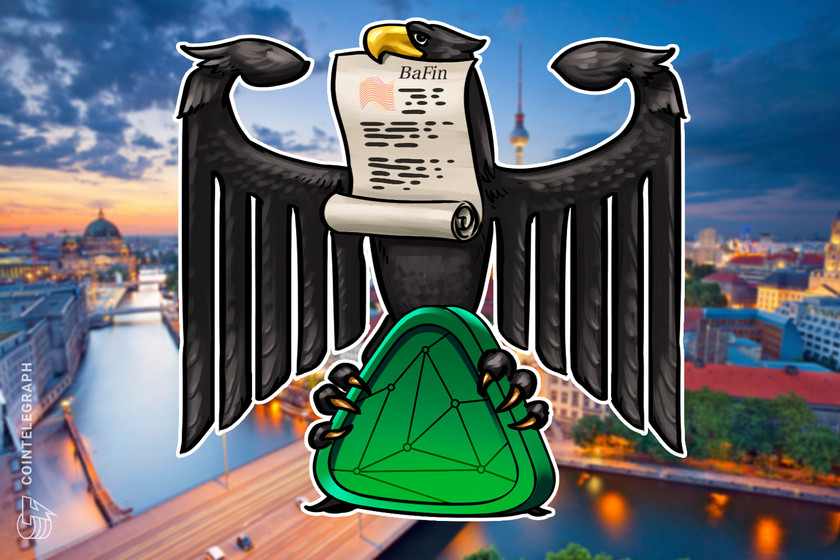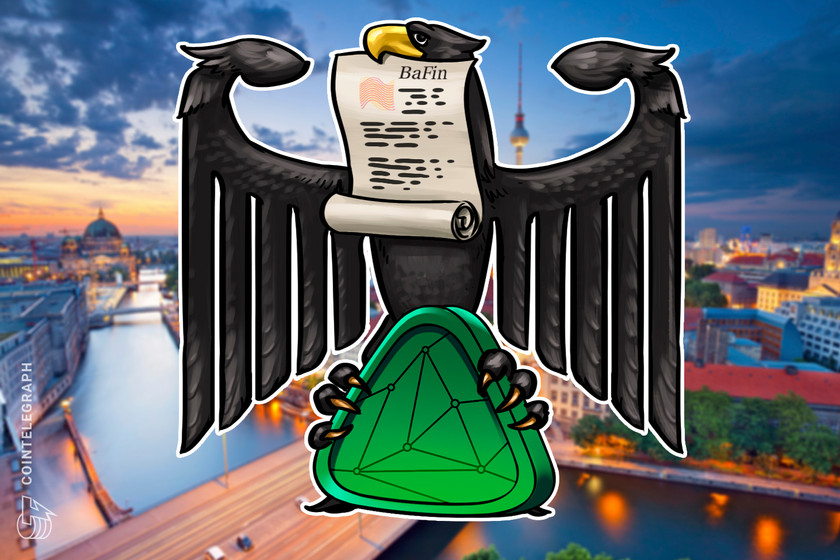Boerse Stuttgart Digital subsidiary receives final approval for crypto custody


With the licensing of the German exchange’s blocknox service, it now offers fully regulated brokerage, trading and custody.
Boerse Stuttgart Digital, the digital asset brand of the Boerse Stuttgart exchange group, announced March 30 that its blocknox service had received final licensing from the German Federal Financial Supervisory Authority (BaFin) to operate as a crypto custodian. Boerse Stuttgart Group now offers fully regulated brokerage, trading, and custody of digital assets, it said.
Its final licensing makes Boerse Stuttgart Digital the first “established market participant […] Licensed to hold cryptocurrencies in custody without any acquisitions,” Boerse Stuttgart Group CEO Matthias Voelkel said. Boerse Stuttgart Digital said European banks, brokers, asset managers and family offices could incorporate its services into their own offerings. It operates exchanges in Germany, Sweden and Switzerland and has an office in Ljubljana, Slovenia, as well.
Related: Institutional crypto custody: How banks are housing digital assets
Bitcoin Group SE, operator of the German bitcoin.de crypto trading platform, acquired Bankhaus von der Heydt, which was licensed for crypto custody, in December. German asset manager DZ Bank partnered with Swiss Metaco to offer crypto services, including custody, in February.
Ritterschlag für die @bsdex_official: Sie bekommt die offizielle #BaFin-Lizenz für die Verwahrung von #Kryptowährungen.https://t.co/MV8vUicatH
— BTC-ECHO (@btcecho) March 30, 2023
Boerse Stuttgart Digital has been providing custody services through blocknox under a provisional license since crypto custody regulations were introduced in Germany on Jan. 1, 2020. It had begun offering trading services to German residents in the prior month and introduced a trading app in 2021. Boerse Stuttgart Digital received its final custody licensing ahead of several other contenders, including Binance.
Global exchange group Nasdaq announced plans on March 24 to set up a limited-purpose trust company to offer crypto custody services under the supervision of the New York Department of Financial Services. This comes after the United States Securities and Exchange Commission moved to impose new rules making it harder for cryptocurrency exchanges to custody crypto by expanding rules originally formulated in 2009.
Magazine: ‘Account abstraction’ supercharges Ethereum wallets: Dummies guide





